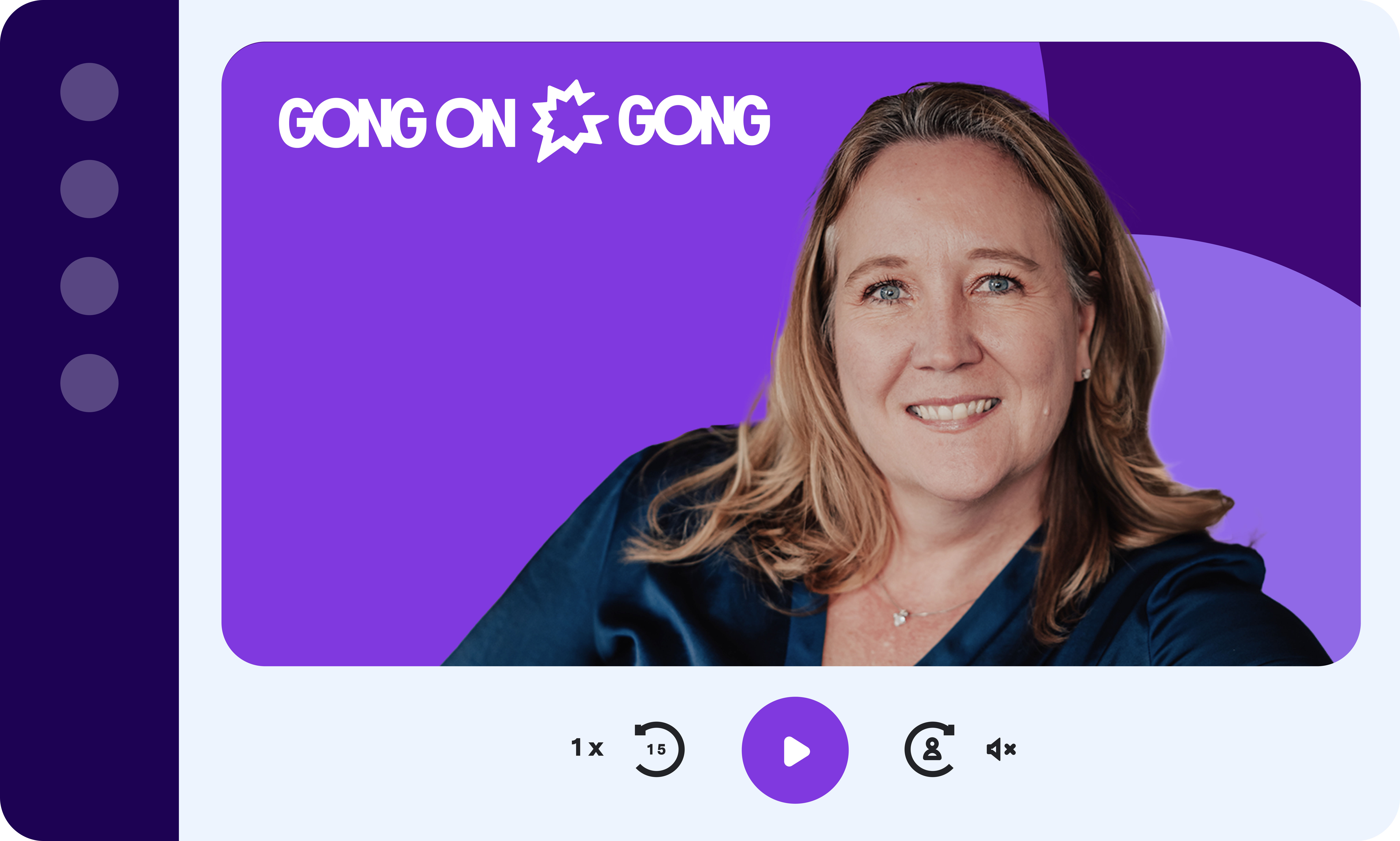“How” You Sell Is As Important As “What” You Sell – Here’s Why
We’ve entered an era where how you sell has become just as important as what you sell.
Here’s why…
Every product category out there is exploding in competition. Customers have hundreds of choices for any category of product they want to buy. And all of them are more or less the same.
Differentiation based on product features is short-lived at best, and non-existent at worst.
Take marketing technology as one shining example of this…
In 2011, the marketing technology landscape consisted of a total of 150 competitors in the space.
Now, you’d think that 150 is already a lot to handle. But it’s a drop in the bucket compared to where it’s at today.
Before you scroll down, can you guess how many are in the category today (2017)?
Take a wild guess.
I’ll wait.
Drum roll please….
…
…
Answer:
5,000 Marketing Technology Companies
Do you really think the company with a slightly better feature is winning that war?
I don’t buy it.
This is just one example.
The same explosion of choice and competition is happening among every B2B product category.
There are exact clones of “what” you sell out there. The best products are unlikely to bubble their way to the top on their own merit.
This is “Killing Off” the Sales Leaders Who Fail to Adapt
This trend is racking up casualties among sales leaders.
Sales leaders who have failed to adapt to this explosion of competition are finding themselves in hot water. They have a shorter and shorter lifespan as they struggle to figure out how to win in this new hyper-competitive world we live in.
Too many of them are still hanging their hats on what they sell.
But it’s not all bleak.
On the other side of this trend, there are some sales leaders who have figured out how to thrive despite all of the competition, by differentiating not based on what they sell, but how they sell.
How You Sell > What You Sell: A Case Study
Zuora is doing this really well.
They’ve risen above their competition by, again, mastering how they sell, not what they sell.
Here’s an overview of what they’ve accomplished.
Zuora has 12 established competitors (not counting all of the small startup competitors in the space), and all of the products are pretty much the same as the next one: recurring billing software.
Yet somehow, Zuora has around 7x the revenue as their closest competitor.
How could they get away with that?
They didn’t start any earlier than their competitors. You’ll find no “first mover advantage” here.
Some might argue it’s due to their great marketing.
To some extent, that could be true.
But their competition is actually outperforming them in many aspects of marketing.
What it really comes down to is Zuora is known for having one of the most effective sales presentations in B2B sales today.
They begin by talking about a critical change in the world (rather than their product or value proposition): people aren’t buying products anymore. They’re subscribing to them.
Then, they walk prospects through all of the implications of this trend, outlining in gory detail how some companies have paid the price by failing to adapt, and how others are winning by offering subscription products and services.
Only after they’ve told this story in detail do they introduce their product.
In other words, they aren’t succeeding because of what they sell. Their subscription billing platform isn’t any different than the rest of them.
They are killing it because of how they sell:
They sell the subscription economy as a concept, how it’s changing the world, and what that means for their customers.
And those customers are buying in droves.
What Stops the Rest of Us?
The question is, what stops the rest of us from doing that?
Among many potential answers, one of the most obvious is that how we sell is a “black box.”
Sales conversations represent the pinnacle of how we sell. When we talk about howyou sell, we are largely referring to how you or your team conducts sales conversations.
Yet we, as sales leaders, are in the dark when it comes to sales conversations. This is the root cause of the performance gap on your sales team that separates your top reps from everyone else.
We have no visibility into the sales calls and demos our team is performing, and therefore we can’t influence them to the degree we need to.
How can you differentiate based on how you sell if you’re blind to how you sell?
If we don’t get a hold on how our sales team is selling, we’ll end up as needle in the haystack among the competitive noise, unable to differentiate.
How to Start Differentiating Based On How You Sell
The first step in changing how your sales team sells is getting visibility into how your team sells so you can a) understand the baseline, and b) change it for the better.
There are three ways to get visibility into sales conversation
Call shadowing – This is when sales managers literally join in on sales calls with their reps. The problem is it’s not scalable. You can’t be in 10 places at once.
Call recordings – Sales development rep (SDR) teams often use this method successfully. But account executive teams (closers) fail. There are too many manual tasks to successfully record and review GoToMeeting recordings.
Conversation intelligence technology – This is the new kid on the block. And if any of the above problems resonate with you, I’d urge you to give it a look.

